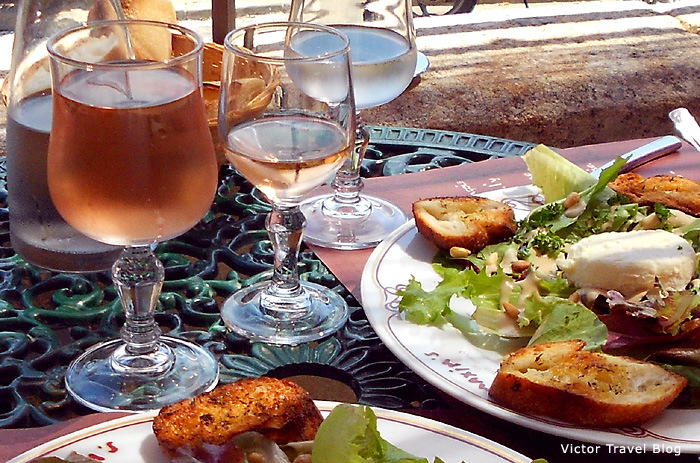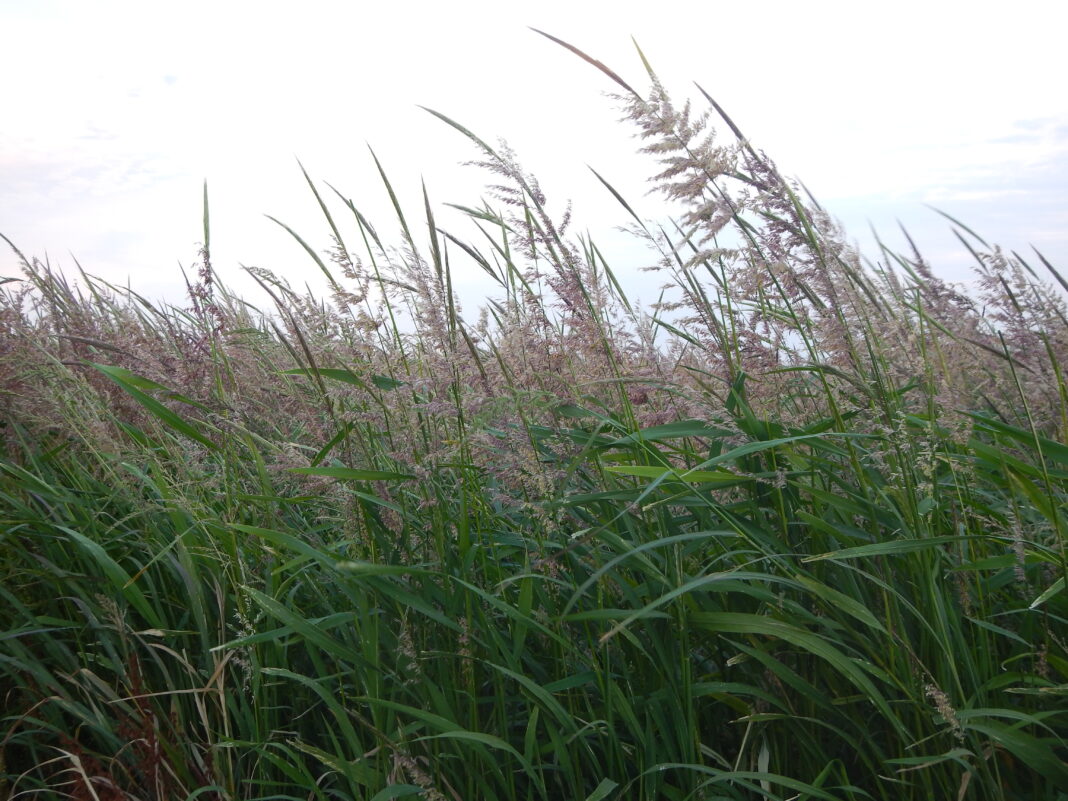The natural world is changing, so if we can scaffold [Western science and Traditional Ecological Knowledge – TEK] together, we will strengthen our knowledge about these places and what’s happening to them — Rosalyn LaPier, environmental historian at the University of Illinois and a member of the Blackfeet Tribe of Montana
The specific topic is wild rice as it grows (and recently, declines) in its native habitat of the upper Midwest: “A sacred wild rice plant has slowly vanished. University scientists and indigenous resource managers have combined their expertise to try to save it.”
The subtext is decades-old antagonism between the parties involved, the Ojibwe tribe and University of Minnesota, but climate change seems to have offered an opportunity to combine forces in pursuit of common ends. As so often is the case, perhaps the key element is listening to each other.
For Decades, the Ojibwe Tribe Shunned Scientists—Until Their Partnership Became Vital, by Nancy Averett (The Nation)
(The partnership that Minnesota professor Crystal) Ng and the Ojibwe tribe have been building since the summer of 2018: one that blends Traditional Ecological Knowledge (TEK)—expertise that indigenous and local people acquire through direct contact with the environment over many years—with Western science, specifically Ng and her colleagues’ expertise in water quality, groundwater flow, sediment transport, and more. Their focus is on the precipitous decline in the region of wild rice, a staple in the tribe’s diet for more than 200 years. The Ojibwe, who call wild rice manoomin, consider the plant sacred. In the 1400s, a series of prophets had told the Anishanaabe, ancestors of the Ojibwe, to leave the Eastern Seaboard and go west to where “the food grows on water.”
The Nation’s story was produced in collaboration with the Food & Environment Reporting Network, a nonprofit journalism organization focusing on stories about food, agriculture and environmental health. It’s worth a look.
Today’s cover photo credit (Zizania palustris) goes to Matt Lavin, via Wikipedia. Previously at “Edibles & Potables,” we glanced at similar terrain:
Edibles & Potables: Owamni, the Sioux Chef, and the decolonization of American food





















